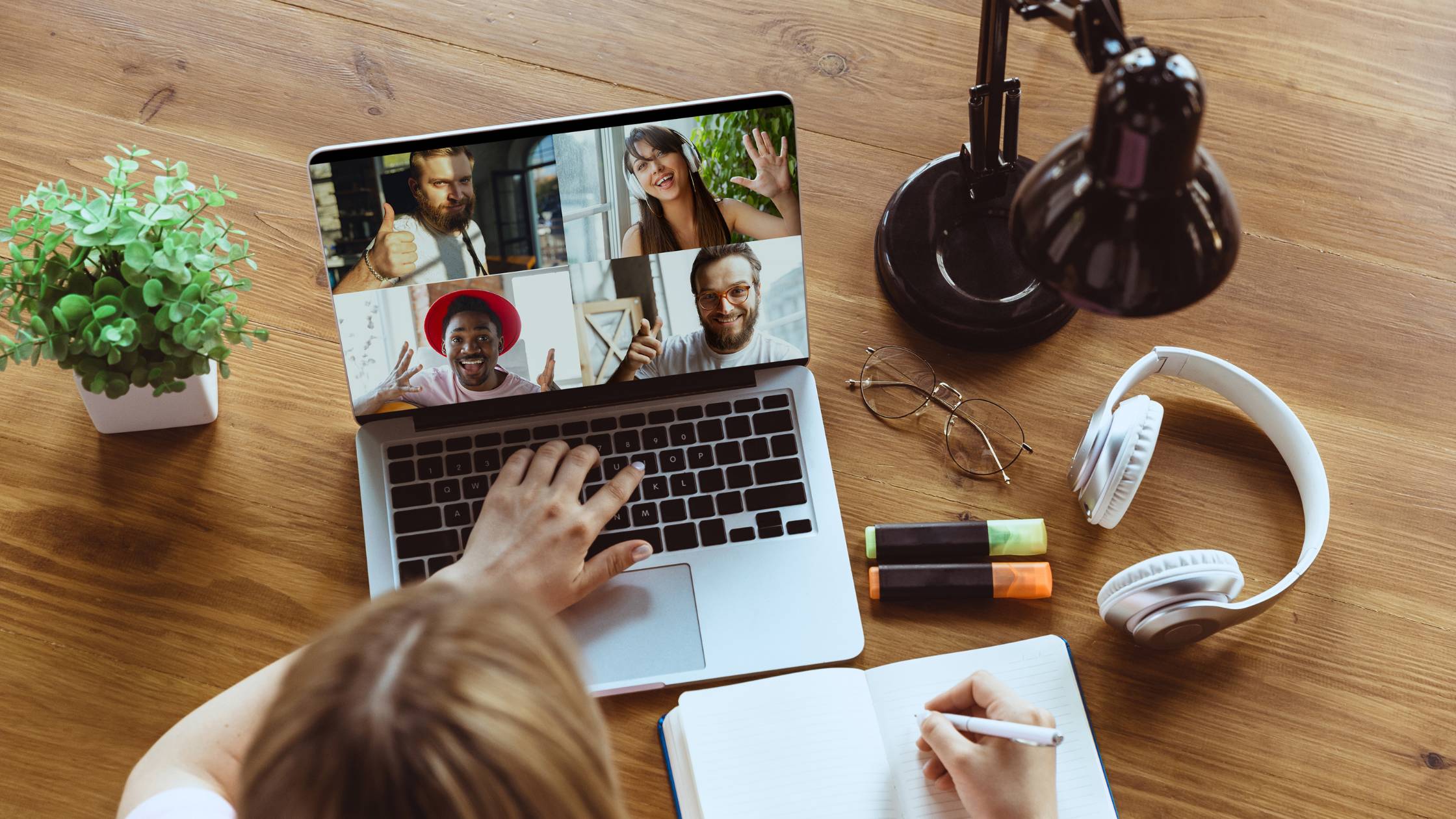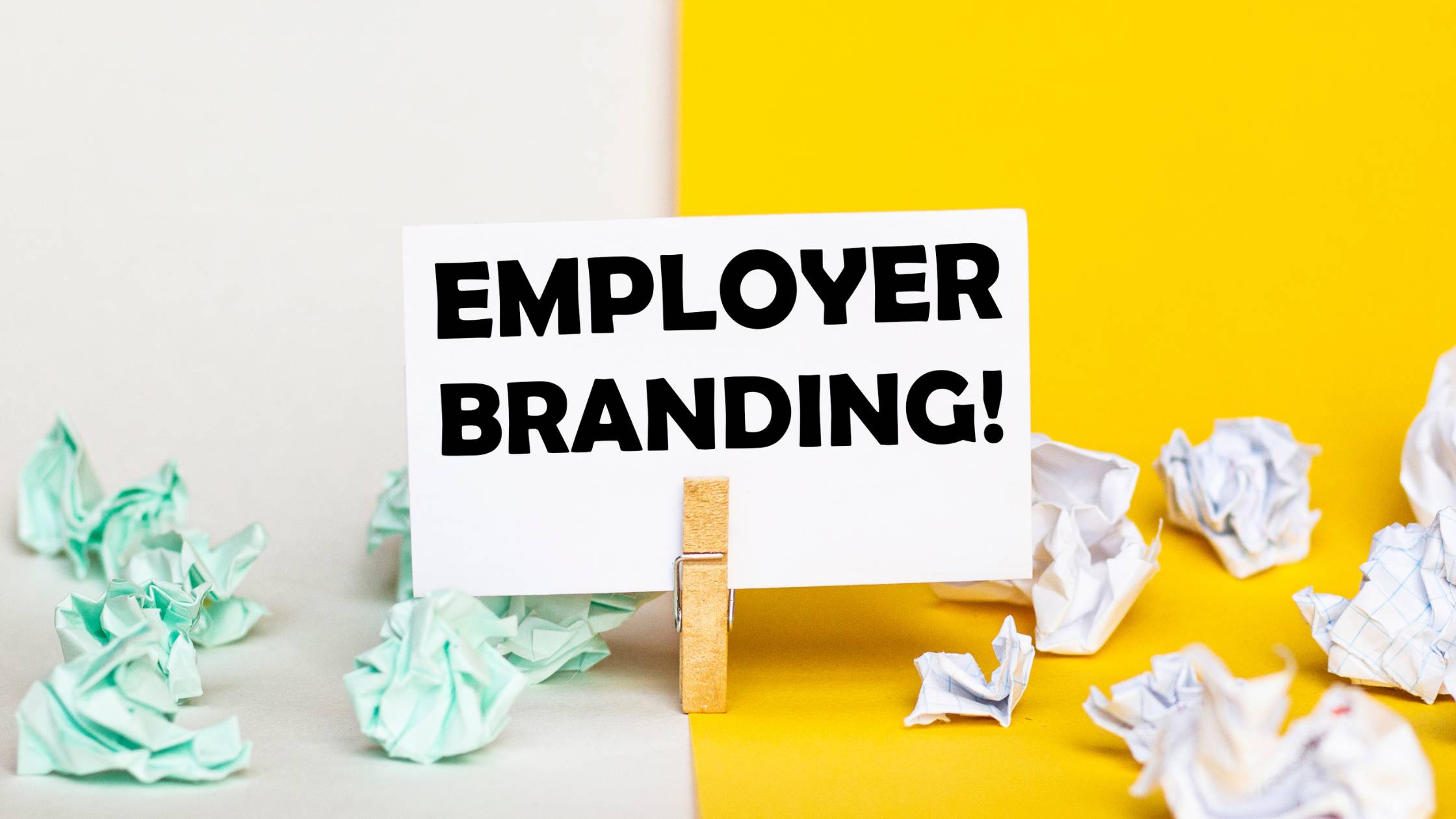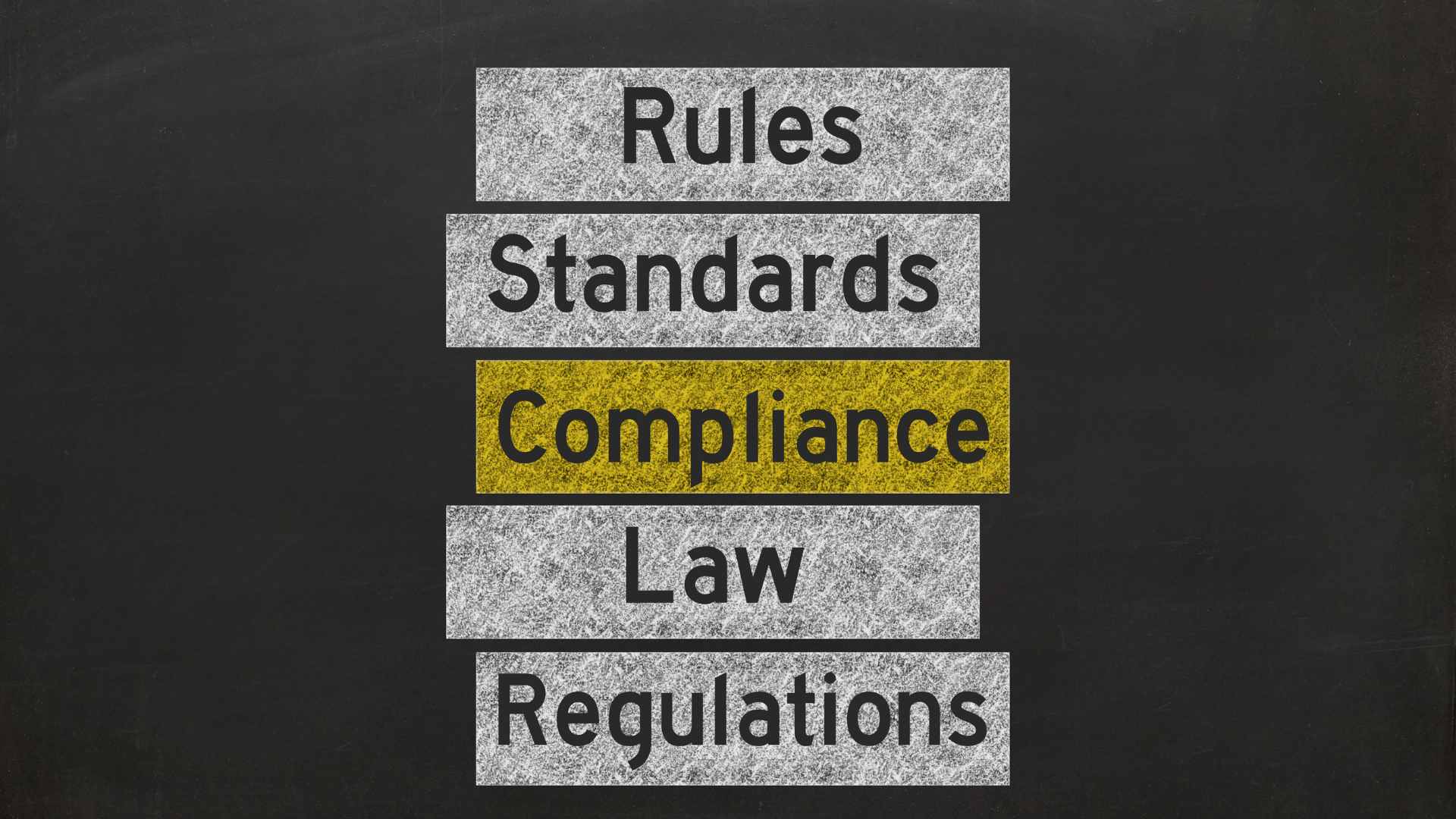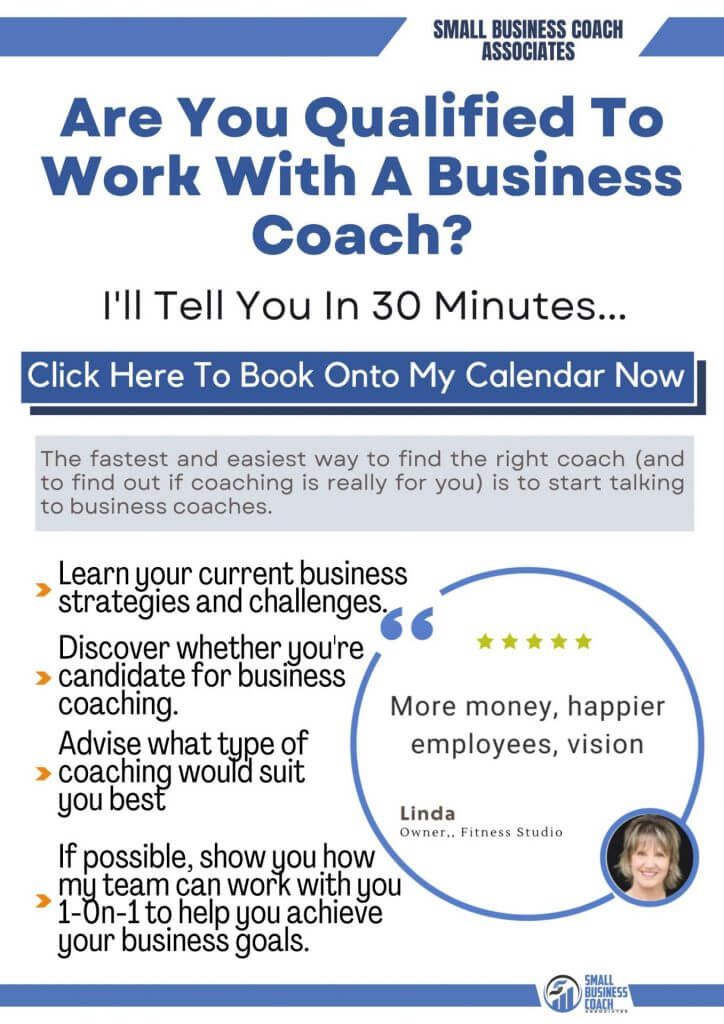VIEW BY TOPIC
- Finding Customers
- Business Systems
- Managing Employees
- Leadership
- Managing Money
Related Posts

Ready to Grow Your Business Fast?
Here’s How I Grew Five Businesses, and Eventually Sold One to a Fortune 500 Company.

The average person has to fill out 10-20 applications to get one interview and 10-15 interviews to get one job offer. As most people hold 10 to 12 jobs in their lifetime, you’ll likely have 100-180 interviews in your lifetime. If you aren’t prepared, that number could double, triple, or quadruple.
Creating a good first impression isn’t easy. You may say the wrong thing, not say enough, or say too little. Or, your body language, eye contact, or tone may reveal disinterest or arrogance.
For these reasons, candidates will ask their friends to set up a mock interview. While these can offer practice, your friend may not know enough to correct you or watch for subtle red flags.
Interviews are a nerve-wracking, intimidating process. Financial and emotional pressures may be riding on this interview. With that said, hiring an interview coach or taking an interviewing workshop will help you put your best foot forward, as they can teach you things others can’t.
Why Work with an Interview Coach?
It can take three to six months to find a new job, but if you need to earn an income right away, those months can be long, stressful, and resource draining. However, expert interview coaches can set you up for success by maximizing your chances of securing a fruitful offer.
Getting support in the job search process is essential, especially if you haven’t been in an interview for a while. You can probably talk about your skills and experience all day, but you may not know how to match these qualities to the right job or frame your answer in a pleasing way.
While your friends and family can provide helpful advice, interview coaches are trained to set you up for success. With their help, you can shorten the job search process significantly.
5 Things Expert Interview Coaches Teach You
Interview coaches aren’t just judging your interviewing etiquette; they help you find a career that’s suitable for you.
Here are 5 things only expert interview coaches can teach candidates.
1. How to Know What Employers are Looking For
Recruiters match your resume and interview answers to their job description and company values. Candidates need to know the job description well enough that they can think of stories or examples that demonstrate their fit. They’re also checking for relevant or transferable skills.
Interview coaches will look at job postings in your field and teach you to understand what skills and experience employers are looking for.

Then, they’ll coach you on the following skills:
- How to tell a story using your skills and experience: Most industries, companies, and managers will find the same skills and experience appealing for different reasons. You’ll be taught how to present your skills and experience appropriately to employers.
- How to match personality with culture fit: Every business has a set of core values and beliefs, and these help determine culture fit. Employers will check if your personality is a good fit for their open position. Coaches will help you appeal to their culture.
While this type of research can help you answer complex interview questions, it can also improve your resume. A better resume will put you in front of more quality employers.
2. How to Conduct Effective Research
Employers want to know you’ve done your homework, which is why they ask if you have any questions at the end of the interview. Effective research can demonstrate company knowledge, show you keep up to date with industry news, and help you understand your potential employer.
Your interview coach will teach you how to research the company, their industry, their company culture, and current and past employees. They’ll also walk you through the company’s interview process if it’s available. If it isn’t, they’ll show you what questions these companies typically ask.
3. How to Respond to Interview Questions
The average in-person interview lasts 45-95 minutes, and you’ll be asked 10-20 questions. There are a few questions you’ll almost always be asked, like “tell me about yourself” and “what do you know about the company,” so you’ll need to know the right answers to these questions.
Interview coaches typically see interviewers struggle with strength-related questions and behavioral questions. Your coach will show you how to sell yourself in as few words as possible.
They’ll also prepare you to ask questions after the interview or ace your technical interviews.

4. How to Conduct Yourself in an Interview
Now that you’ve researched and prepared thoroughly, you can put your skills to the test.
Your coach will walk you through several mock interviews and evaluate you on six key areas:
- Authenticity: Are you believable? Are you likable? Are you personable?
- Professionalism: Do you look professional? Are you put together?
- Confidence: Do you sound excited about the role? How’s your body language?
- Preparedness: Do you know the company? Do you know your role?
- Culture: Do you fit the culture? Do you possess the needed soft skills?
- Technical: Can you perform the jog? Do you possess the needed hard skills?
Mock interviews help you build confidence, manage nervous habits, and own your strengths. Think of your interview coach as half cheerleader and half mentor. They should be there to inspire you and put you in the right headspace, but they can’t be afraid to correct or direct you.
For example, if they see you twirling your hair or biting your nails, your coach should point them out to you. If you undersell yourself, your coach should encourage you to do the latter.
5. How to Dress, Behave, and Follow Up
Although it isn’t always fair, small mistakes can disqualify your candidacy. If you’re late, dress inappropriately, or disrespect your interviewer, you’ll leave a bad impression. Interview coaches will make sure that doesn’t happen by teaching you how to dress, behave, and follow up.
First, they’ll ask you how you’ll get to the interview, where you’ll park, and how much time you’ll need to drive to the interview site. Next, they’ll show you what to wear and what you should and shouldn’t do on-site. Finally, they’ll explain how to correctly write and send a “thank you” note.














